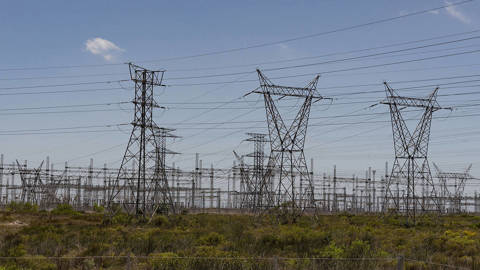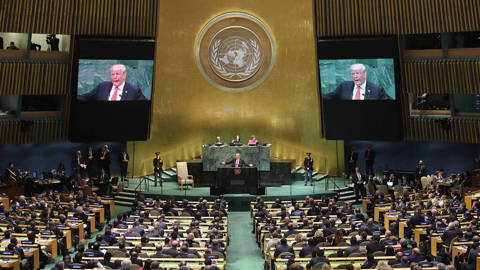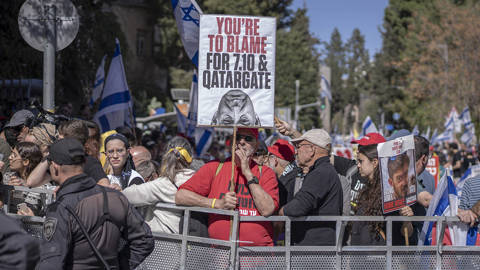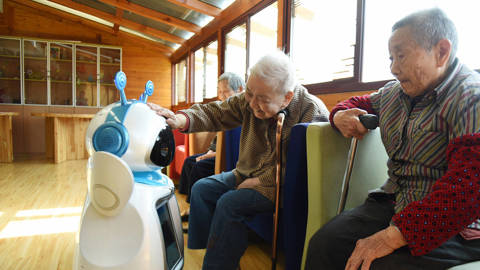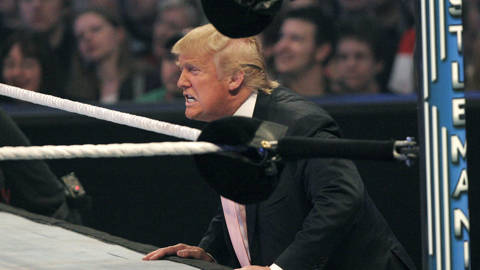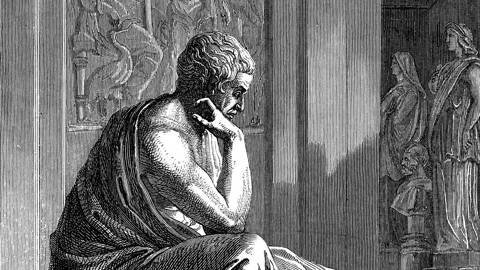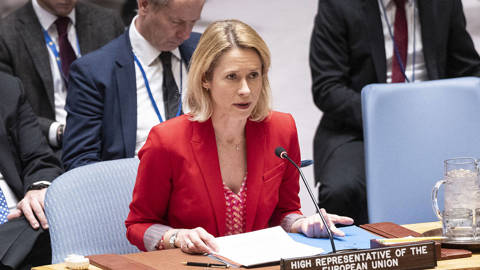Homi Kharas
Homi Kharas is a senior fellow at the Center for Sustainable Development at the Brookings Institution.
-
How Is the World Really Doing on the SDGs?
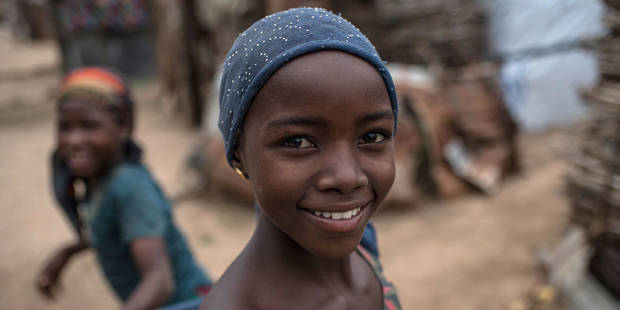
How Is the World Really Doing on the SDGs?
Oct 1, 2024 Homi Kharas & John W. McArthur offer a balanced assessment of the forms and pace of progress made since 2015.
-
How to Balance Debt and Development
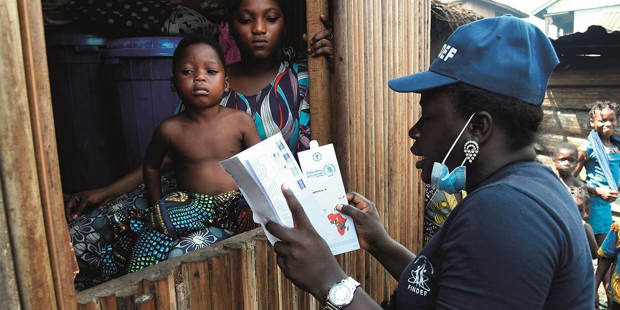
How to Balance Debt and Development
Jul 2, 2021 Homi Kharas & Meagan Dooley urge policymakers to address two collective-action problems that markets cannot resolve on their own.
-
Latin America’s Missing Middles
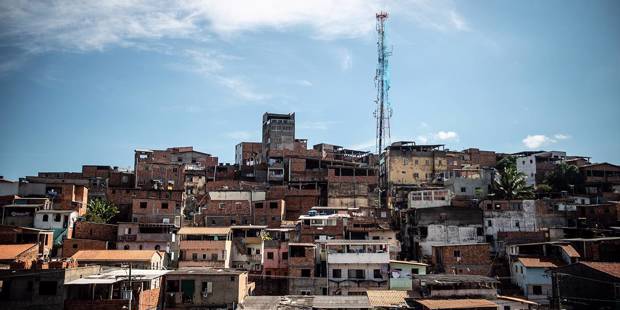
Latin America’s Missing Middles
Aug 21, 2019 Jaana Remes & Homi Kharas say new digital technologies could boost the region's flagging economic growth and make it more inclusive.
-
The Leader the World Bank Needs
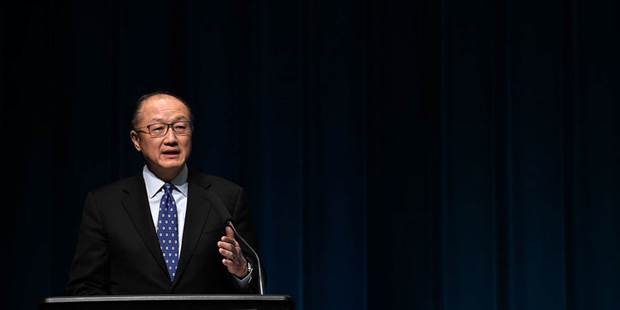
The Leader the World Bank Needs
Jan 15, 2019 Homi Kharas & Eswar Prasad hope the organization's next president will be someone who embraces the full ambition and scope of its mission.
-
Education for Fragile States
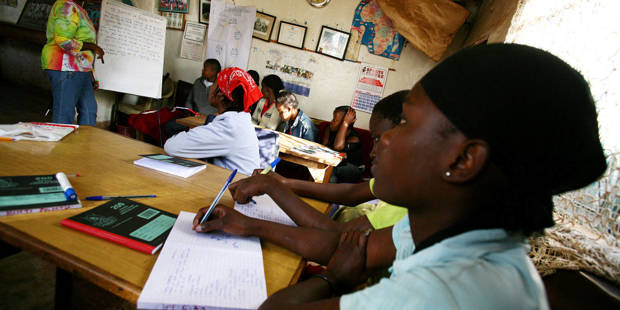
Education for Fragile States
Sep 18, 2018 Homi Kharas & Rebecca Winthrop make the case that the path to lasting stability and prosperity begins in quality schools.
